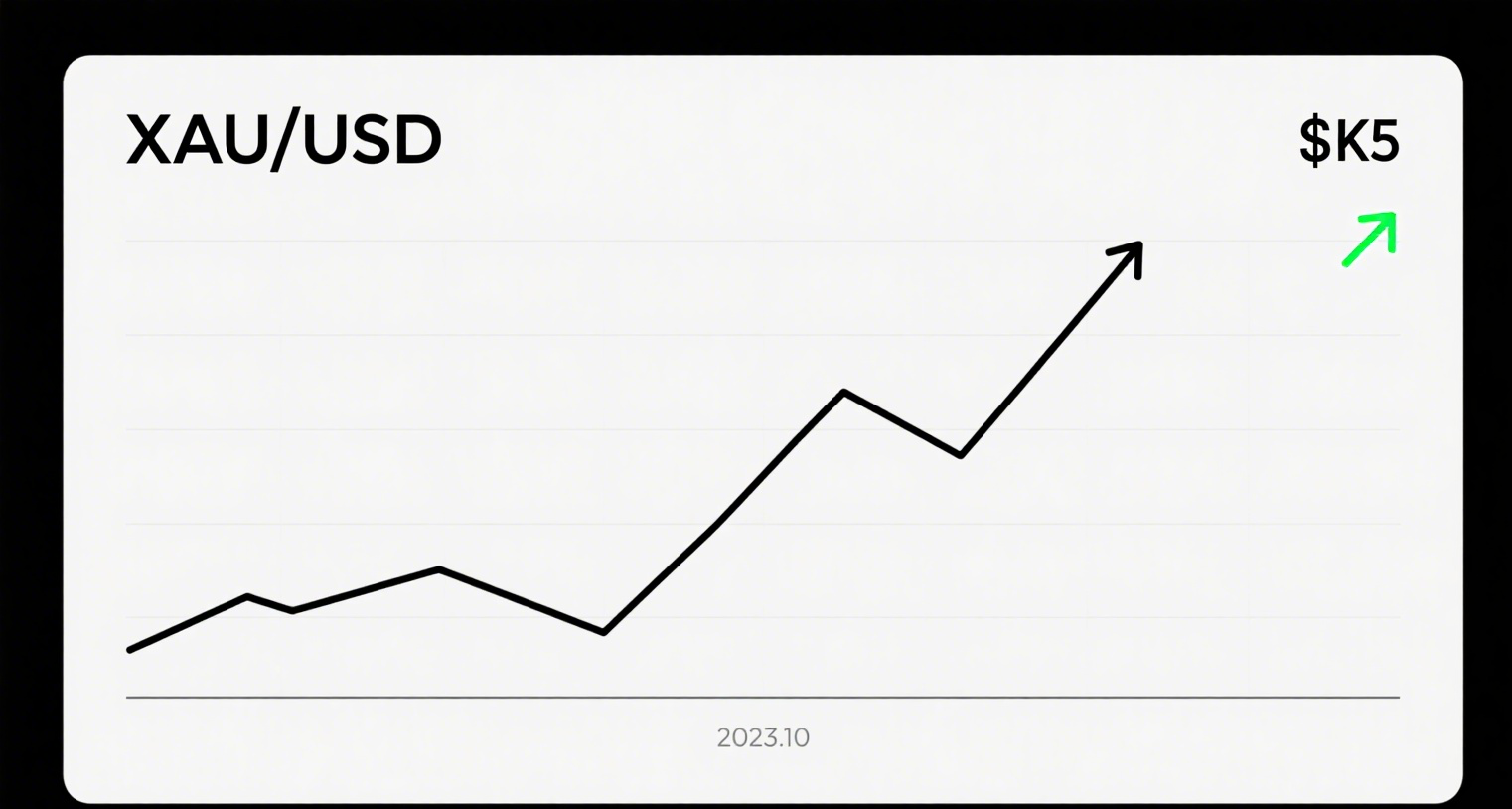
The Dollar Has Reason to Strengthen Further
The sharp decline of the Japanese yen is closely related to the recent strengthening trend of the U.S. dollar.
In recent months, U.S. President Trump has repeatedly urged the Federal Reserve to cut interest rates and even threatened to replace the Fed chair, which initially raised concerns about the Fed’s independence and pushed the dollar lower. However, after multiple "wolf-crying" threats, the market has grown increasingly numb to Trump’s rhetoric, and fears of accelerated Fed rate cuts have significantly diminished.
Thus, even though Trump once again criticized Powell overnight, the dollar remained strong. The U.S. Dollar Index briefly surpassed 100.10 overnight, marking the first time it breached the 100 mark since May 29. As of this writing, the index stands at 100.03.
At the same time, the U.S. recently announced trade agreements with several countries, easing concerns about a trade war. Fed Chair Jerome Powell also delivered slightly hawkish signals this week, both of which contributed to the dollar’s rebound.
"In the short term, there is reason for the dollar to strengthen further," said Mike Houlahan, director of Electus Financial in Auckland. "Most of the tariff news has already been priced in by the market."
No Hope for an Early BOJ Rate Hike?
Beyond the dollar’s strength, the yen’s depreciation is also closely tied to the dovish stance of Bank of Japan (BOJ) Governor Kazuo Ueda.
Just a day earlier, the BOJ announced its latest rate decision, keeping policy unchanged while raising its economic and inflation forecasts for the year. However, on Thursday afternoon, Governor Ueda unexpectedly struck a dovish tone during a press conference, stating that the current exchange rate level is unlikely to have a direct and significant impact on Japan’s inflation outlook.
He also said the BOJ still needs to assess the impact of U.S.-Japan trade agreement tariffs and that policy normalization requires patience.
Forex traders interpreted this as the BOJ tolerating the yen’s current weakness, leading to increased dollar buying.
An executive at an asset management firm said, "The BOJ may need two to three months to evaluate the impact of U.S. tariffs," adding that he expects "the central bank will find it difficult to raise rates within this year."
















